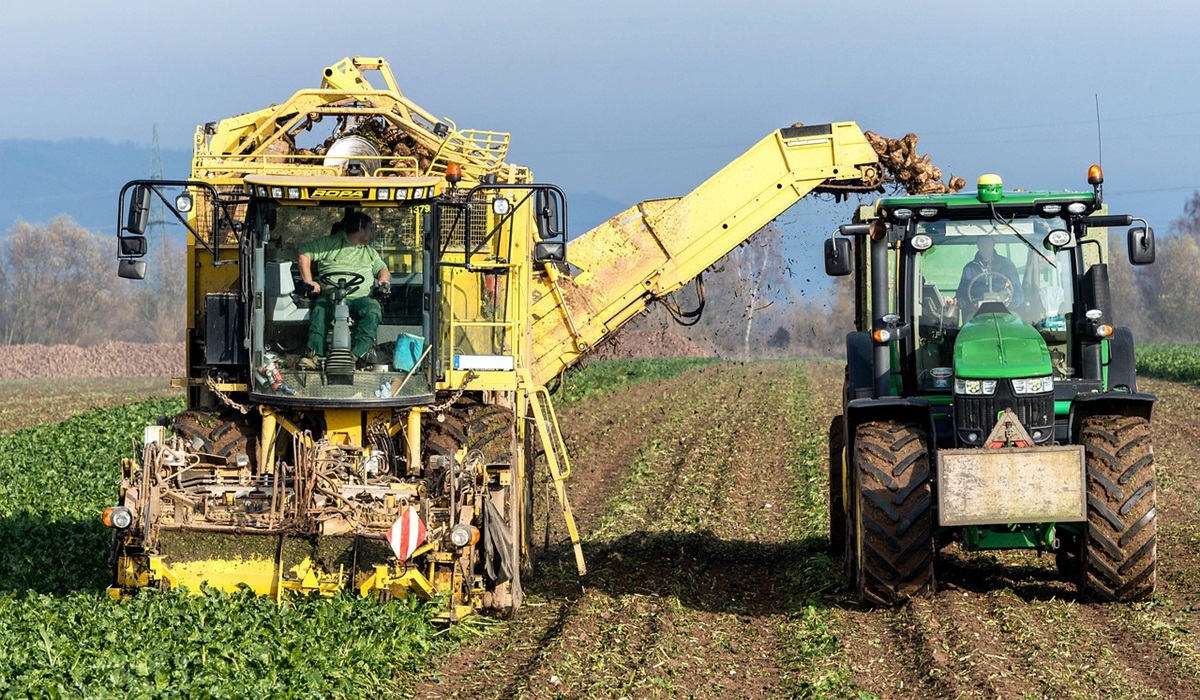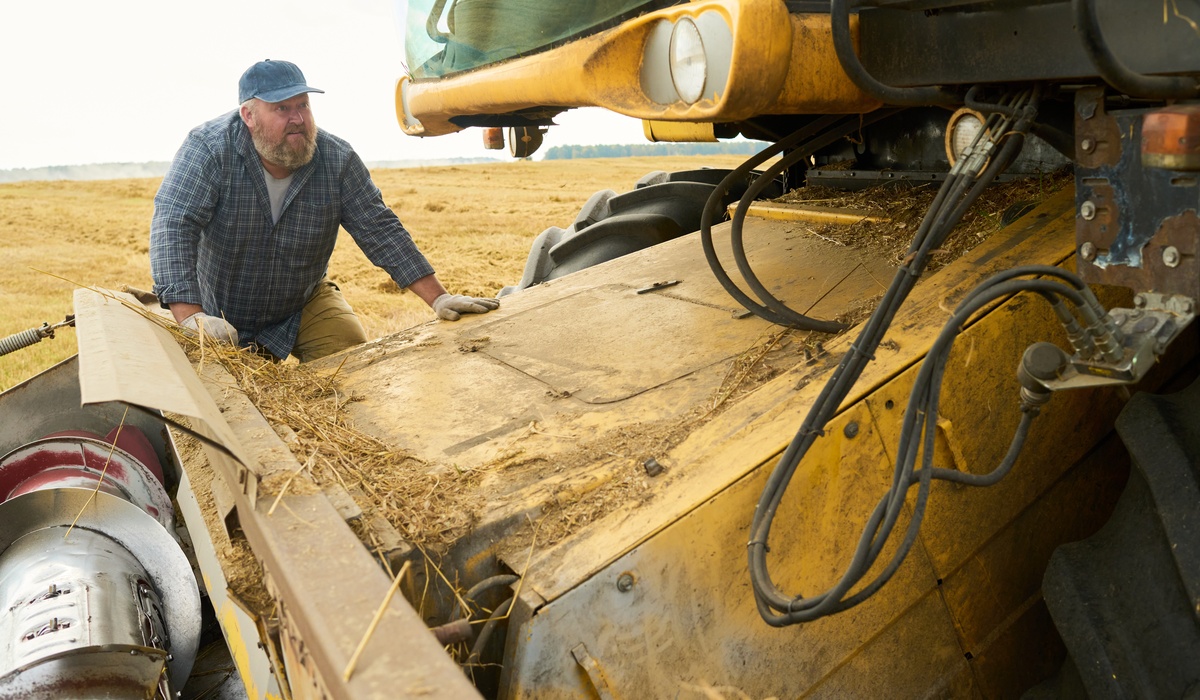Manitoba’s Agri-Food Exports Decline in 2024, Raising Questions for the Future
- Naomi Dela Cruz
- Food
- Business
- Western Canada
- August 17, 2025

Image Credit: Wolfgang Weiser
Manitoba’s agri-food sector ended 2024 with a slight decline, posting $9.39 billion in export value — a 1.3 per cent drop from the year before. At the same time, the province’s overall international exports fell more sharply, down 4.2 per cent from $21.5 billion to $20.6 billion. Even with the setback, farming and food now represent just over 45 per cent of all goods shipped abroad, making agriculture more central than ever to the provincial economy.
The story behind the decline comes down largely to prices. Oilseeds and grains, two of Manitoba’s largest export categories, were hit hard by global market swings. Canola, the province’s flagship crop, saw export values tumble by nearly 15 per cent, or $459 million, after canola oil prices dropped 24 per cent and canola meal fell 19 per cent. Grain exports also weakened, down almost 10 per cent, as wheat prices fell 14 per cent.
Despite these losses, not every category struggled. Pork exports surged, adding $219 million in value as international demand held strong and prices rose by 13 per cent. Beverage and food ingredients also grew sharply, up more than 60 per cent on the strength of products like flavoured water and honey. Still, the gains in meat and specialty food products were not enough to offset the broader slump in grain and oilseed markets.
When it comes to destinations, the United States remains Manitoba’s most important customer, accounting for nearly half of all exports at $4.29 billion. Sales south of the border, however, dipped slightly due to weaker canola oil shipments. China followed at $1.43 billion, led by canola seed, soybeans, and wheat. Japan moved into a stronger position with $942 million in purchases, much of it pork, while Mexico and South Korea rounded out the top five.
One concern in the numbers is market concentration. While sales to the U.S., China, and Mexico are relatively diversified across multiple products, exports to Japan and South Korea are dominated by just a few items — mostly pork and wheat. That reliance could pose risks if trade rules shift or demand changes suddenly.
Nationally, Canada’s agri-food exports grew slightly in 2024, reaching $100.3 billion. Manitoba accounted for 9.3 per cent of that total, ranking fifth among provinces. Nearly half of the province’s shipments were processed products rather than raw commodities, which is significant because processed exports tend to create more jobs and higher value at home. The U.S., Japan, and Mexico received especially high shares of processed food, while sales to China remained largely raw commodities.
Looking ahead to 2025, the challenge is less about production and more about resilience. Heavy dependence on a handful of commodities leaves the province exposed to global price swings, as 2024 made clear. The growth of pork, potatoes, and value-added food products shows that diversification works and can help buffer the volatility. Industry experts and policymakers will likely focus on expanding food processing capacity, opening new markets beyond North America and China, and promoting higher-value products that can command more stable prices.
For producers, the lesson is simple but pressing: what happens in global markets can reshape farm incomes and export tallies overnight. For the province, the way forward lies not just in producing more, but in producing smarter — adding value locally, diversifying exports, and staying agile in the face of changing world demand.








